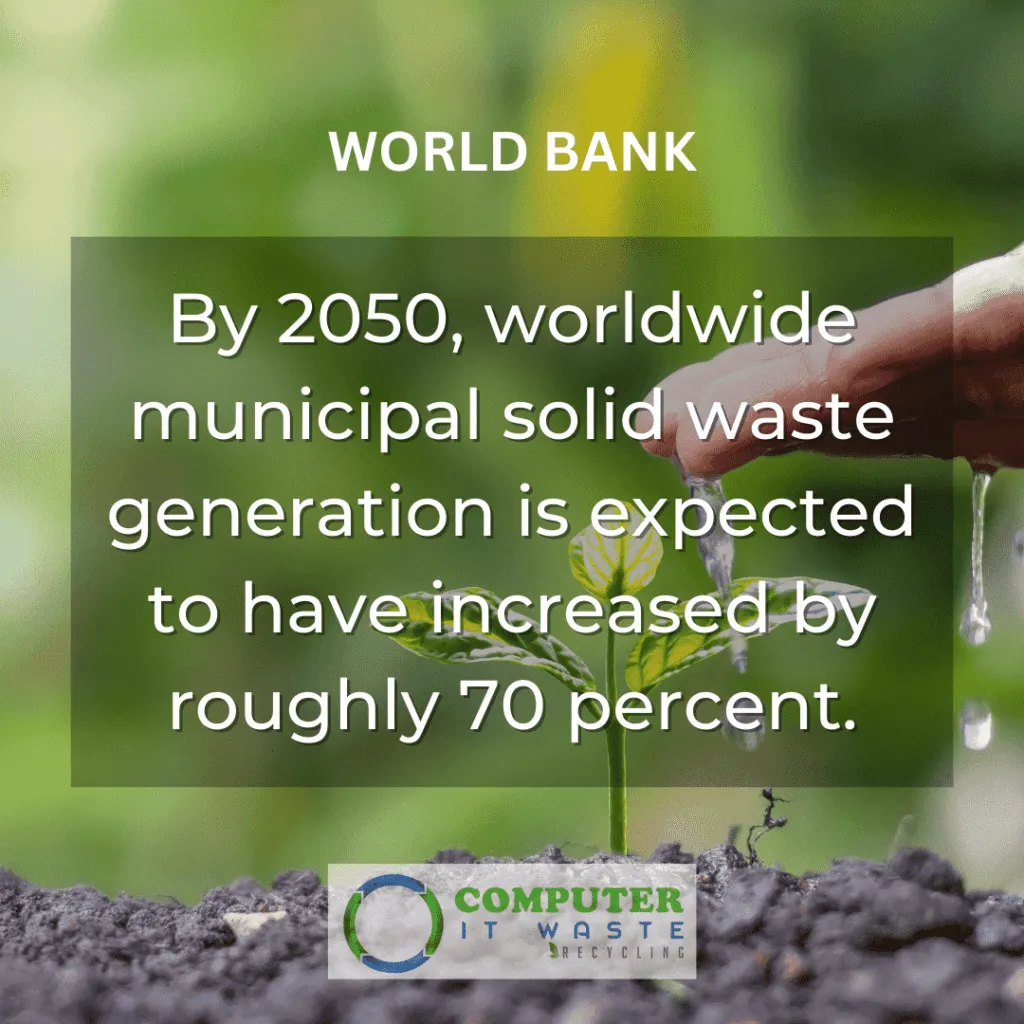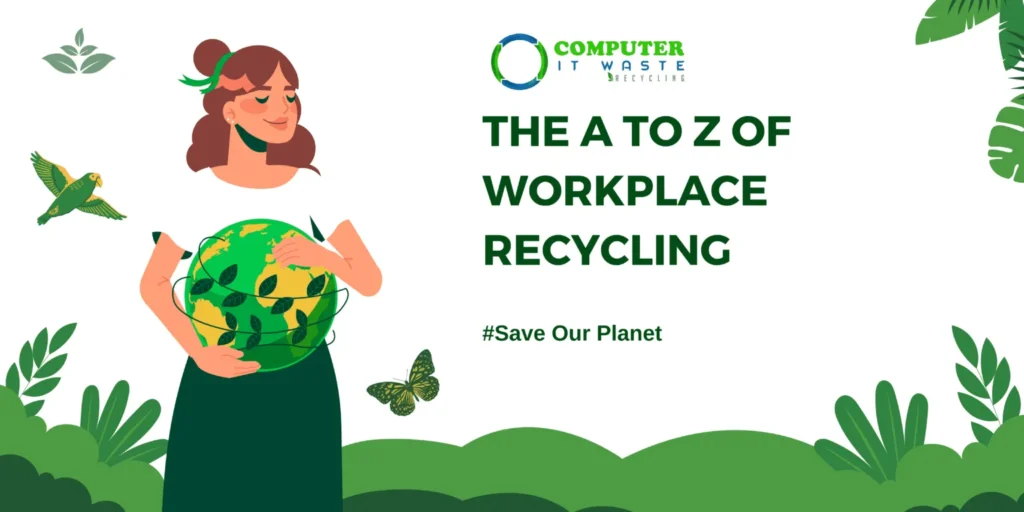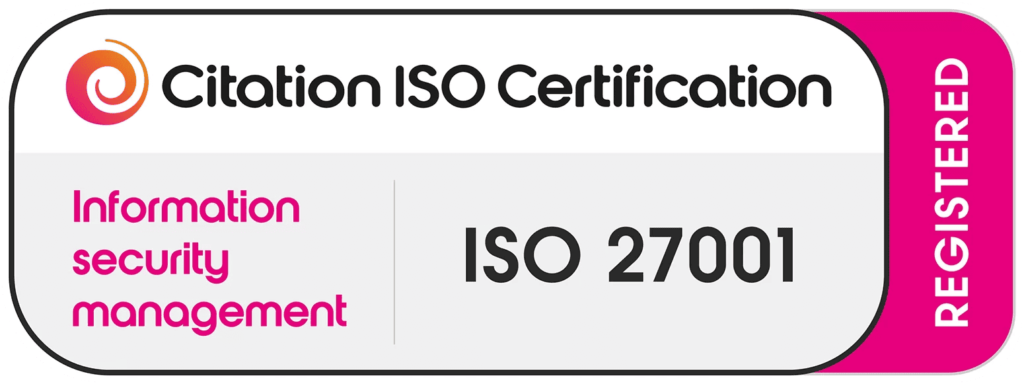We are living in an age of sustainable development and workplace recycling. It is an era where you, as a human being, are expected to act responsibly when it comes to consuming resources around you. This naturally entails household and workplace recycling.
You must be wondering why I should restrict my behavior when I was born a free man. Here’s your answer, Doug: You are not the only person roaming this planet.
Jokes aside, our planet is already grappling with a range of challenges, from climate change and hunger to pollution and whatnot. So, whether we are chilling at home or working at the office, we are obligated to reduce, recycle, and reuse. This is the way of modern intellectuals.
workplace recycling is especially important here since it is doable, sometimes profitable, and can make a whole lot of difference. This blog discusses why office recycling is important and how you can contribute towards this cause. Dive in!
Why is recycling important in the workplace?
Before we begin, let’s first address the elephant in the room, shall we?
Recycling at the office is important because, well. it has a zillion benefits. Simple as is.
But if we were to break down the potential benefits of office workplace recycling, the list would look something like this:
- It reduces waste management costs for business: Since recycling reduces the amount of waste being sent to landfills, it naturally lowers the disposal costs for the company.
- It halves procurement spending: There is no need to spend money on purchasing new raw materials when paper, metal, and plastic can easily be reused.
- It ensures regulatory compliance: workplace recycling business waste demonstrates your commitment to local or national waste reduction regulations and environmental stewardship.
- It reflects corporate social responsibility: Reducing waste in the office not only saves money, but also improves the reputation of your business, builds consumers’ trust, and attracts conscious customers.
- It promotes resource conservation: By reusing recycled material, businesses decrease the demand for material extraction and thus conserve natural resources like wood and water.
- It protects our environment: Less plastic purchases means less plastic pollution that is affecting our lands and seas. Similarly, reusing paper and cardboard preserve forests and natural habitats.

Need more reasons? Didn’t think so.
Now that we have established how crucial workplace recycling is, let’s quickly go through the major forms of office waste to increase our understanding.
Types of Office Waste
The waste can assume multiple forms:
- Electronic Waste: As the name suggests, it refers to broken and outdated laptops, computers, printers, cables, batteries, keyboards, and mice.
- Paper Waste: It consists of all the supplies made of paper like photocopies, printer paper, cardboard, and shredded documents.
- Plastic Waste: Plastic products including cups, bottles, food containers, files, and packaging material constitute plastic waste.
- Metal Waste: Metal waste can be paperclips, aluminum cans, and other metallic supplies that need to be discarded.
- Seems a lot of waste? Don’t worry. The following part discusses some effective ways to recycle in the office. All your queries will be answered.
How to Pull Off Workplace Recycling?
Starting a workplace recycling program at work can be a daunting task. There is a lot to address and so many questions to answer. Where to begin? How to encourage recycling at work? Will it be costly? How do we even recycle electronic and metal waste? And so on.
So, what do we do?
1. Get professional IT recycling services
In this way, you can not only arrange for collection services, but also establish efficient waste recycling operations without having to worry about analysis, processing, or disposal of the discarded waste.
Once you have secured expert services, you can proceed with tackling office waste in a safe and productive manner.
2. Electronic Waste Management
It would not be wrong to say that electronic waste seems to be the hardest to recycle. Because we are not sure exactly what becomes of such material after workplace recycling.
Rest assured, it is way easier than it seems. Sit tight.
Computer Recycling
E-waste can release harmful toxins such as Cadmium, Lead, and Sulphur into the environment which can affect one’s respiratory system, cause blindness, and damage the brain and kidneys.
However, computer recycling enables you to make money from old electronics, secure the privacy of your data, and recover valuable materials that can then be used in the manufacturing process of new items.
Laptop Recycling
It is slightly different from old computer workplace recycling as they pose a different threat owing to the potentially hazardous batteries they contain.
Many parts of a laptop can be successfully reused if it is recycled properly. For instance, batteries, displays, power supplies, and hard disk drives, obtained during laptop recycling, can be put to future use.
Battery Recycling
Improper disposal of batteries can cause environmental damage. The toxic materials present in Lithium-Ion, Lead-Acid, or Nickle-Cadmium batteries can leach the soil and affect water quality.
Their fumes, if inhaled, can also cause lung problems. Instead of dumping the material into landfills, battery recycling can be done to extract expensive reusable metals including cobalt and nickel.
Printer Recycling
Photocopiers and printers can be recycled if they have exceeded their life or just need to be replaced with multi-purpose MFDs.
Whether they are laser printers, inkjet printers, or MFDs, our skilled team at Computer IT Waste can instantly pick up, analyse, recycle, and dispose of them as per local regulations.
Waste Audits
Carrying out an accurate waste assessment is critical to determining the types and quantity of waste produced by us. This allows you to confidently decide how to approach recycling.
A major benefit of conducting waste audits is that you can identify cost-saving measures and improve resource allocation. Our recycling experts can help you do just that by doing a waste audit which will provide you with insights and eco-friendly recommendations.
3. Plastic Waste Management
Shifting to reusable or disposable cutlery, including coffee mugs, plates, and water bottles, can decrease the plastic waste generated at your office.
Moreover, you can set up clearly labeled recycling stations to make it easy for the employees to recycle plastic waste. This activity can be supported by celebrating a monthly recycling champion. Remember, extrinsic motivation is as important as intrinsic drive.
4. Paper Waste Management
You can begin by putting communal dustbins in areas with high levels of activities. They can be your breakrooms or places with printers and photocopiers.
Displaying posters with phrases that urge the employees to use recycling bins also makes a great deal of difference. But before you go for it, make sure you have separate bins for general waste and recyclable stuff.
Last but not least, promote responsible and thrifty use of paper so you can reduce the overall chuck of business waste.
Final Thoughts
Office waste recycling is mutually beneficial for both the business and the environment, however, it entails recycling a range of products, from cutlery items to document papers and whatnot. But worry no more. Computer IT waste can help you dispose of your e-waste in an eco-friendly manner. The cherry on top is that partnering with us does not demand hefty investments of time and money. With little effort, we can achieve so much.
Are you ready to save the environment? If you want to play your part in this noble cause, get in touch with our waste experts and craft a tailor-made plan for your business.


